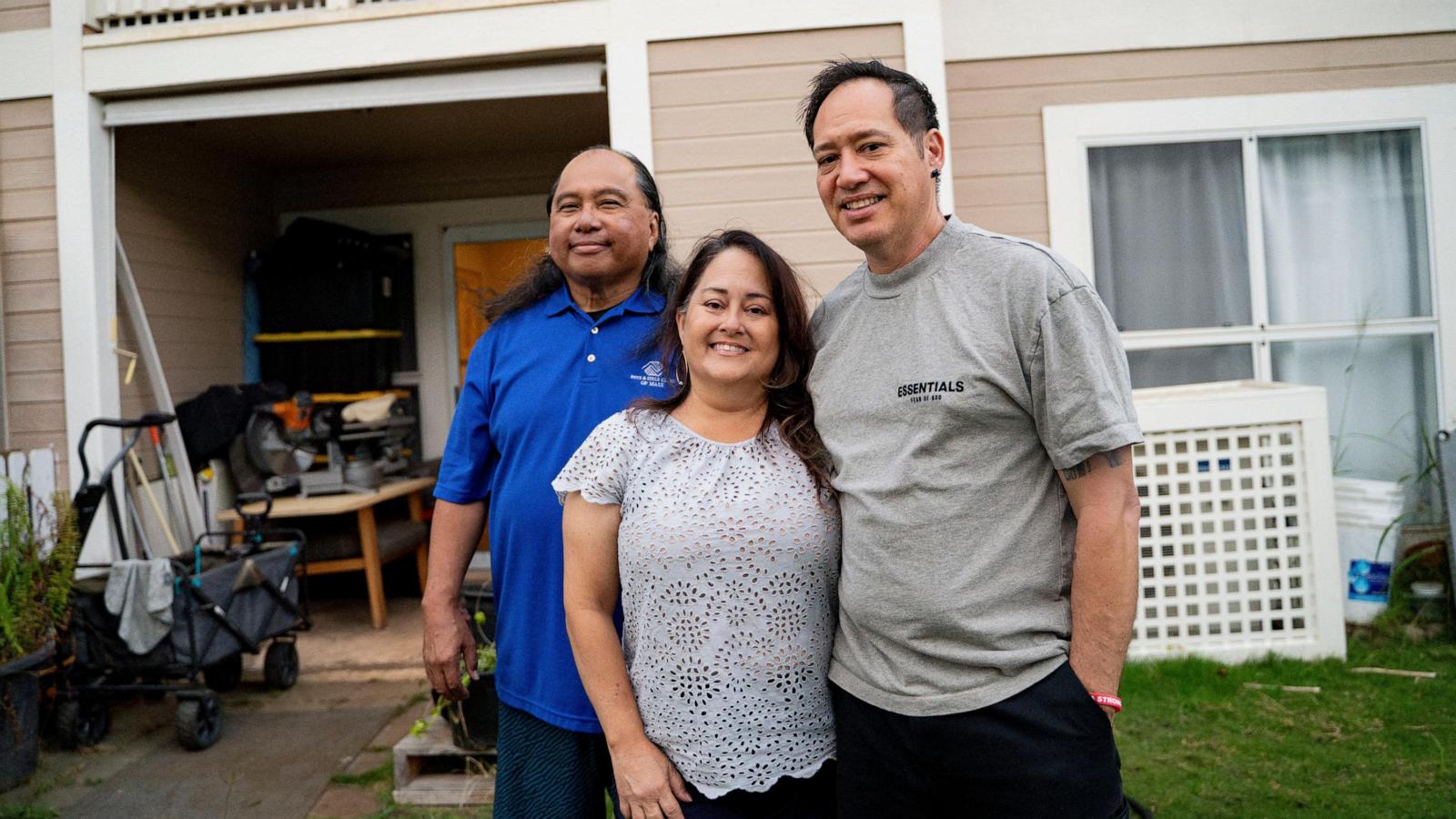Maui Fires Disaster Relief: Innovative Program Supports Families Staying Together
The devastating Maui fires of August 2023 left a trail of destruction, claiming lives and displacing thousands. But amidst the tragedy, a heartwarming and innovative disaster relief program emerged, offering a lifeline to families who chose to support each other by staying together. This program offers a powerful example of community resilience and prioritization of family support during times of disaster.
The Power of Family and the Aloha Spirit
In the wake of the catastrophe, many displaced individuals sought shelter with friends and family, a testament to the strong family and community bonds that are deeply rooted in Hawaiian culture. The concept of ‘ohana’—family—and the 'Aloha Spirit' is not just a motto in Hawaii, it's a way of life, with neighbors supporting neighbors through thick and thin. This organic response highlighted a crucial need: financial aid to help families take on extra members without creating a greater burden.
A unique model in disaster response
Unlike the traditional disaster-relief models that focus on hotels and temporary housing, the Council for Native Hawaiian Advancement (CNHA) developed the Host Housing Support Program. This unprecedented initiative provided stipends to households who generously opened their homes to displaced loved ones. This program recognized the cultural importance of keeping families together and provided the financial assistance necessary for such extended stays. For many, this choice provided more comfort than alternative sheltering scenarios.
The Host Housing Support Program: A Lifeline for Families
The program's success is a beacon of hope, showcasing the incredible strength of family units and the vital role financial support can play in enabling them to endure devastating hardships.
Financial support to support families
The CNHA's program provided a monthly stipend of up to $2,000 per household, depending on the number of displaced individuals being hosted. This financial aid covered essential household expenses such as increased utility bills, food costs, transportation to support those affected by the disaster. The unique program had an incredible impact.
Unforeseen positive outcomes
Beyond the immediate financial assistance, the Host Housing Support Program produced surprising results. Participants in this program were observed to progress significantly faster through the FEMA and Small Business Administration applications than those outside of the program. Keeping families together fostered comfort and stability, allowing them to focus on healing and processing the trauma they’d experienced instead of worrying about immediate housing needs. It also had an overall stabilizing impact on the local economy.
Replicating Success and Shaping Future Disaster Relief
The extraordinary success of the CNHA's program has ignited conversations about reforming disaster relief models. The focus on empowering families, keeping families together, supporting local communities, and streamlining financial support during disaster recovery created the optimal setting for trauma-informed, collaborative care.
Lessons learned, future applications
The innovative approach demonstrated that aiding displaced individuals and helping to keep them housed by family and neighbors could help them complete financial recovery faster and created an unprecedented financial injection into the local economy. By supporting families that took in others, this support mechanism empowered residents to help themselves and supported the strength of local community relationships.
Beyond Maui: A National Model?
With such extraordinary success, other disaster relief groups, like the American Red Cross, have already expressed their eagerness to replicate and adapt this impactful model across various communities recovering from various major disasters around the world. The positive impacts could provide a national disaster relief model. This model focuses on the importance of financial stability for hosts and strengthens community-based resilience and overall community recovery time, making the entire recovery process less difficult for impacted communities.
Take Away Points
- The Maui fires highlighted the importance of family support systems in times of crisis.
- The CNHA's Host Housing Support Program provided a crucial financial safety net for families who housed displaced relatives.
- The program’s success could lead to a paradigm shift in how we approach disaster relief.
- Support programs such as these must also address both individual and family trauma informed healing and recovery to enable sustained recovery.
- Keeping families together proved more efficient and beneficial to the overall economic and community recovery time.




